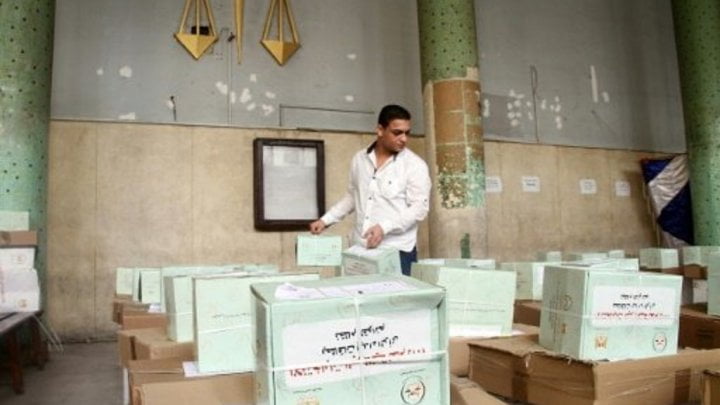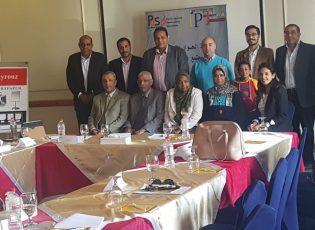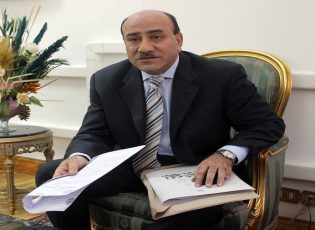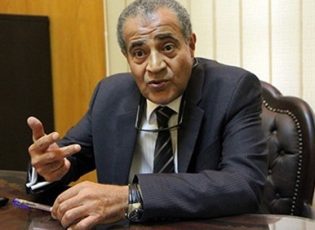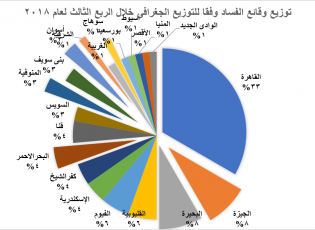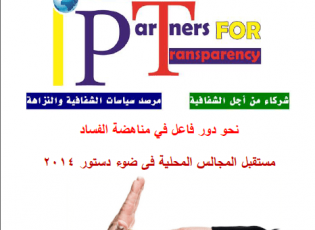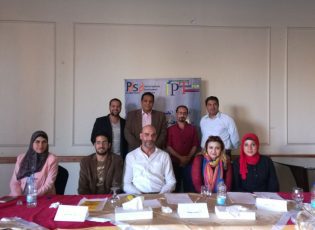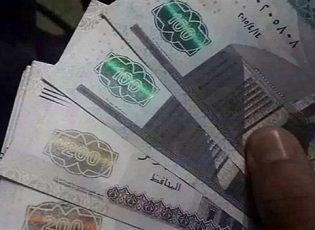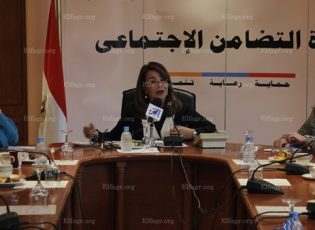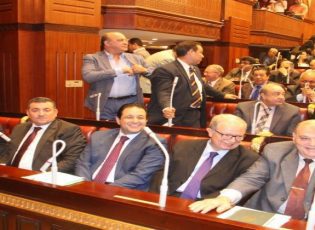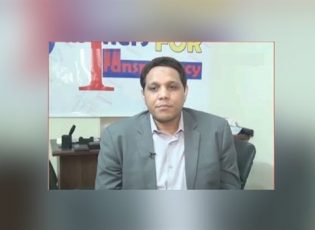The report dealt with a number of violations that were detected during the electoral campaigning period, the most prominent of which is the exploitation of government facilities for advertising, as well as cases of financial and in-kind bribes. The report also includes a quantitative analysis of the performance of the majority of the candidates with regard to funding and electoral spending.
The report revealed the continuation of a number of negative practices that were monitored during the first phase, most notably the absence of the element of transparency and disclosure of the overwhelming majority of the candidates, as all candidates - with rare exceptions - did not care to announce the size of their electoral spending or the sources of financing their electoral campaign, despite That this is the inherent right of the voter.
With regard to the sources of campaign financing, the results showed that personal resources were the main source for the vast majority of candidates, which indicates that the rich were the most candidates, while the opportunities for the poor who did not have financial resources to enable them to spend on their election campaigns decreased, especially In light of the lack of opportunities to obtain support through parties or legal donations.
The results also revealed that the candidates for the East Department in Port Said were the most responsive to the monitoring team, while the candidates for the Maadi Department in Cairo and Mansoura in Dakahlia were the least responsive, and the majority of them refused to make statements to the monitoring team.
Partners for Transparency PFT has started implementing its initiative to monitor electoral financing and spending in a number of electoral districts, titled “Our Voices Against Your Money”, from September 2015 until December 2015 with the aim of contributing to the development of mechanisms to monitor, control and regulate the use of money in The electoral process.
Short link: https://pfort.org/en/?p=446

